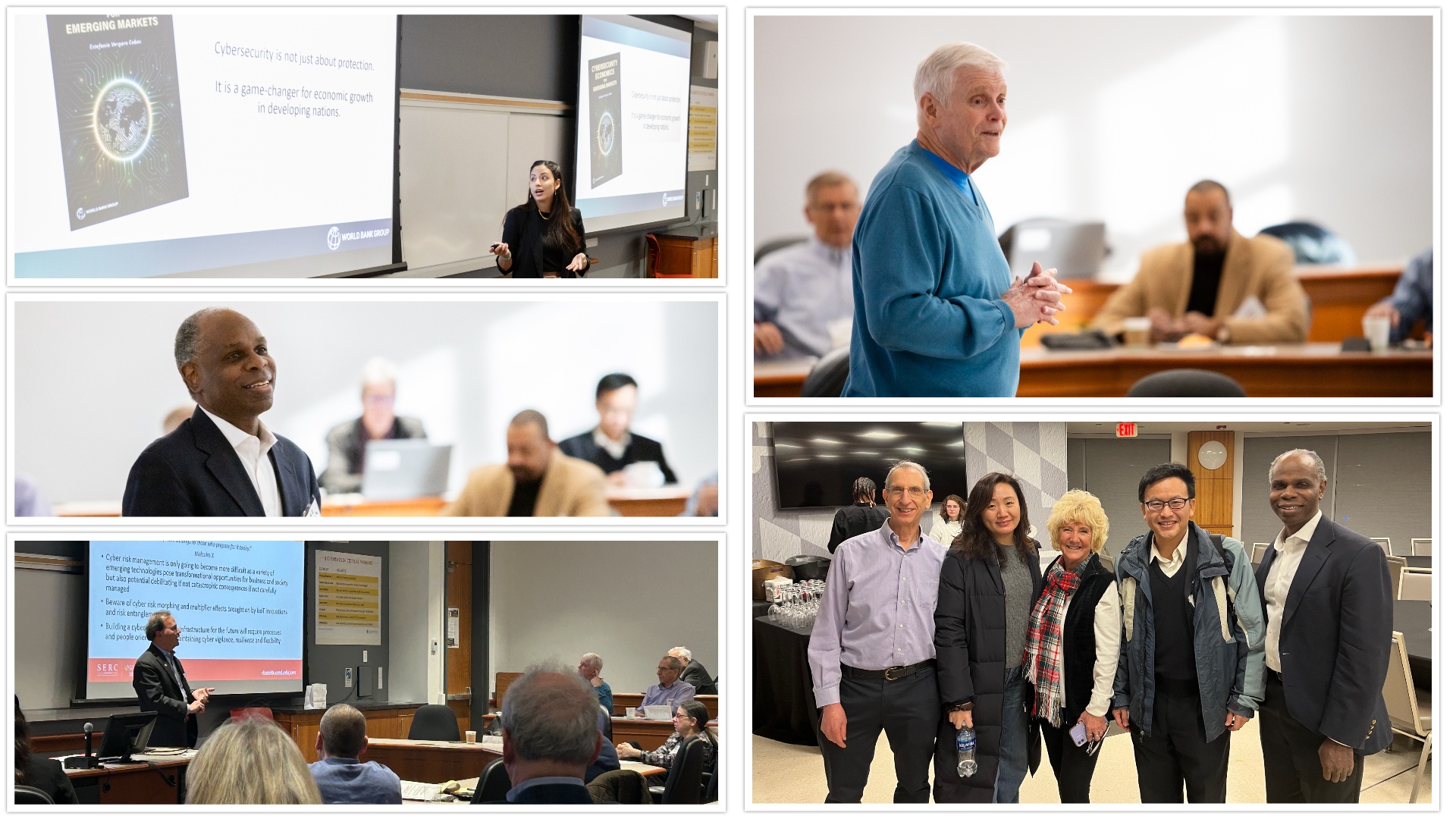Experts Explain Ways to Safeguard Against AI-Enhanced Scams
Virginia TechScams enhanced by artificial intelligence (AI) have the potential to reach a new level of deception with the introduction of features such as ChatGPT 4o, that allow users to create convincing, photorealistic images, including fake documents, and realistic deepfake voices.¬Ý ¬Ý A panel of Virginia Tech experts, including computer ethics educator Dan Dunlap, digital literacy educator Julia Feerrar, cybersecurity researcher Murat¬ÝKantarcioglu, and criminologist Katalin Parti, discussed the implications of this ever-advancing technology.













